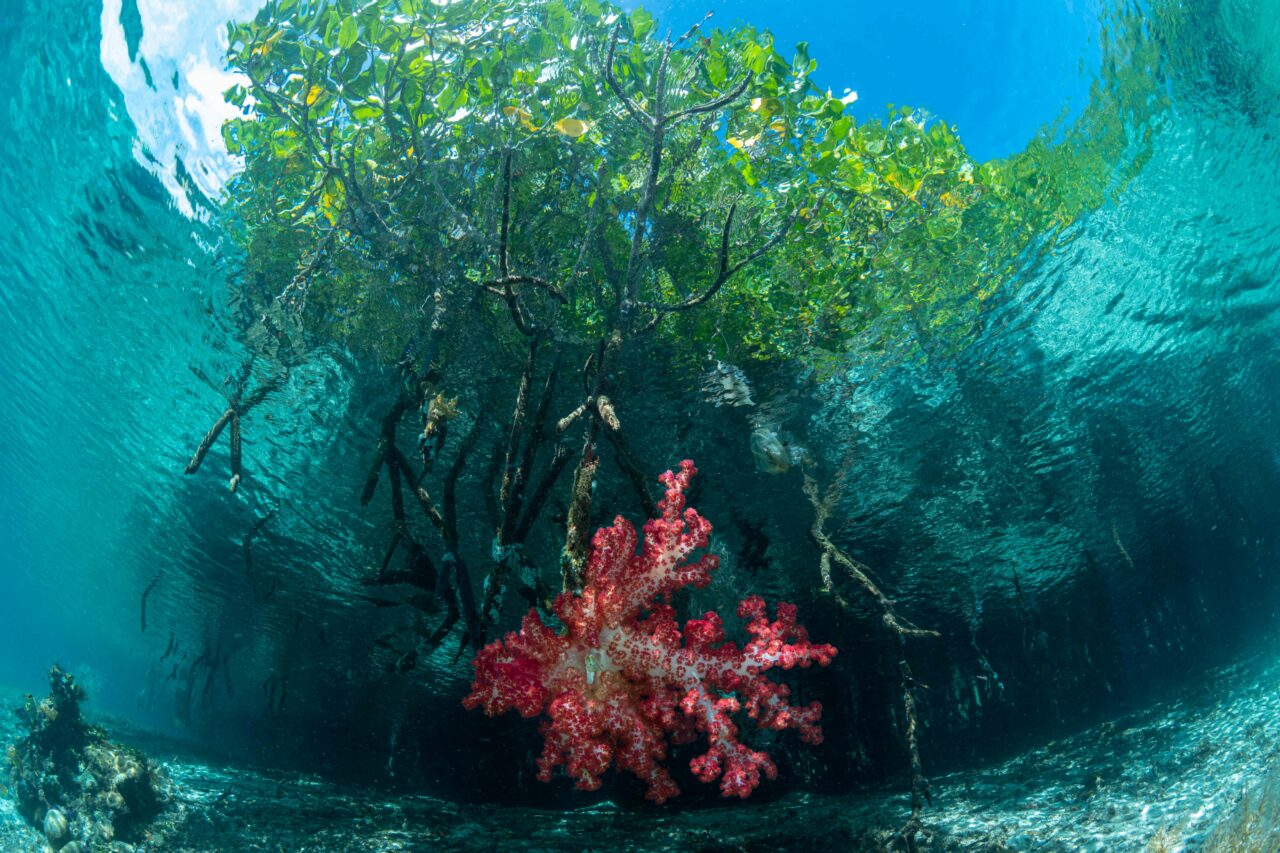Lead institution:
NORCE – Norway
The biological carbon pump is a key ecosystem process regulating the ocean carbon cycle and the climate system. Pelagic and benthic biodiversity shape the strength of this process by governing the amount of organic carbon transferred from the surface to the seafloor sediment, where it may be respired or buried for geological timescales.
Despite its importance, it remains unclear whether climate change will weaken or strengthen the biological carbon pump. Filling this knowledge gap is crucial as its weakening would amplify global warming and narrow our chances to meet the objectives set by the Paris Agreement. Yet so far, there is no proxy to reconstruct the biological pump from the sediment record, limiting our capacity to assess its responses to past climate changes and consequently informing us on its potential functioning under future warmer-than-present climate. Implementing a cross-disciplinary approach to use ancient plankton DNA as a proxy for reconstructing the past biological carbon pump. Utilizing novel sedimentary DNA observation methods, this initiative will recover ancient ocean biodiversity beyond the fossil record. Combining this with existing geochemical, climate, and DNA data, the study focuses on surface sediment samples and three Late Quaternary sediment cores in the North Atlantic and Nordic Seas, key areas for carbon sequestration via the biological pump. This research aims to produce the first biological pump reconstruction back to the Last Interglacial, offering insights into its potential response to global warming. BIOCAP contributes significantly to understanding climate change effects on ecosystems and their underlying processes, impacting global warming rates.
Start Date: 01/01/2024
End Date: 31/12/2027
Lead Contact: Tristan Cordier (trco@norceresearch.no)
